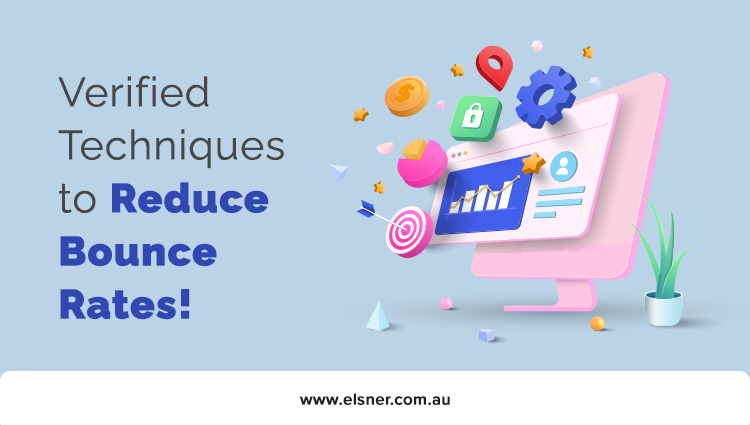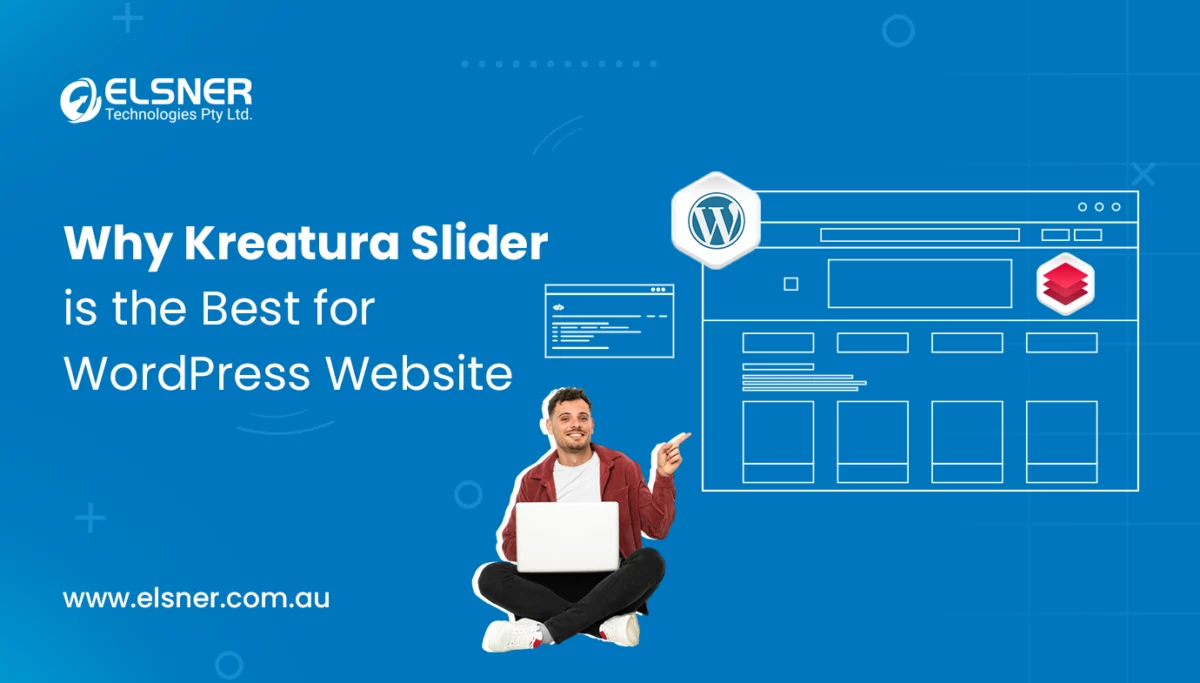9+ Amazing Strategies to Reduce your Bounce Rates Now!
Digital Marketing, PPC, SEODid you know the importance of tracking actions on your platform? Well, it is a win-or-lose situation. Every action and data relevant to the online platforms help understand it better and bring effective solutions.
In all these, the website’s bounce rate informs if people are connecting with the content or not. Having an online presence means you need to track all the Key Performance Indicators to ensure you meet the targets.
What is a Bounce Rate?
When you are focusing on increasing your site’s presence, it should always have minimal or no bounce rates. It is typically the percentage of users that visit your platform and leave without taking any action or exploring the website.
A high bounce rate means you do not have engaging or well-organised web pages to keep a visitor for longer intervals.
The Factors that Affect the Bounce Rate are:
- Loading Speed: It is crucial for user experience and search engine optimisation. If your website is not loading within 3 seconds, it will increase the bounce rate and limit search engines’ search visibility.
- Heavy Web Pages: These are pages that have too many folds. This means it is harder for the users to reach the relevant content and spend too much time searching. This interferes with their experience, and they might leave the page.
- Call To Actions: They are very effective for eCommerce platforms only if you place them at the right place. A complex or inaccessible CTAs will occupy the platform without bringing any results.
- External links: It might be a useful feature only if placed at the right location. The reason is it will take the visitors to other sites and pages. As external links open in a new window, the visitors might stay there and affect your ability to gain traffic.
- Complex Structure: The website’s structure plays a huge role in the visitor’s journey. Overly complicated structures may not provide the required information and consume too much time.
What is a Good or Bad Bounce Rate?
Before you start with the actual process, it is important to know the basic level of bounce rate:
- Higher than 80%: You have a serious issue with the customer retention
- Between 70% to 80%: There is a problem with website performance and needs attention
- Around 50% to 70%: This is the average range for the website.
- Around 30% to 50%: It is considered as an excellent number for a digital marketing strategy
- Below 20%: You might have applied the right approach as this is extremely rated to achieve
So, above 70% means you have high bounce rates and have to put great effort into improving performance. When your website gains less than 30%, you can pull off the limits and engage potential visitors.
How to Reduce Bounce Rates of your Platform Effectively?
1. Make the Content More Readable
The lack of readability will highly affect the customer experience on the platform. The user begins its experience only when the content is easier to scan and provides valuable information. Few tips for formatting your content:
- Add more subheadings in the content
- Use pointers
- Add charts, images, quotes, and more media relevant to blogs
- Ask questions to let the readers participate
- Make the conclusion actionable
- Keep headline big and bold
2. Integrate Compelling CTAs
After you have gained the traffic towards your content and engaged them with it, it is time to take action. You want each visitor to perform a certain task to generate better results. An ideal CTA should be:
- Prominent: This means it should be above the fold area to provide easy access to the visitors.
- Unique: Use bold, clear, and contrasting colours
- Relevant: It must prompt users to take the next step
- Commanding Text: It should be confident to inform users about the next action
When you optimise the Call-To-Action, every element will play its role. Keep a close eye on colour combination, text, font style, and font size. Review the landing page performance by using various online tools to understand the positive and negative responses of your CTAs.
3. Internal Link Structure
This is the best method to reduce bounce rate on your platform. Internal linking provides a structure to the website by connecting the pieces of content.
It becomes effortless to enable visitors to check out more website pages. Also, now the users do not have to look around as everything is available within a few clicks. They help website crawlers to discover web pages and increase website relevancy.
Do not spam the reader with irrelevant linking, affecting your website reputation. Use tools like Yoast that helps to find related content that can be internally linked.
4. Ease of Navigation
Confusing navigation is another reason that visitors will be leaving your platform. The navigation menu on the site and CTAs are crucial elements of the website. Menus help users to know the structure of the website and help to take the next action seamlessly.
Optimal navigation will help to redirect users to important pages. It must reflect the user’s behaviour and make it effortless to reach the desired destination. Some tools help to view the areas of the website that gain the most interactions. Focus on the Click-Through-Rate of the website.
5. Remove Broken Links
Broken links on the website are repellent to the visitors as they will quit browsing and increase bounce rate. If your visitors cannot find the relevant information, it may create frustration and a poor experience.
You can easily find broken links with great tools online, especially if you have a big website with hundreds of pages. You might want to fix it by adding a redirection, replacing the link, or removing it from the content. Ensure that you provide a disruption-free experience and that visitors will spend a long time on the website.
6. Add a Useful 404 Page
This is essential because sometimes users land on a non-existent page, and you do not want to lose them. The 404 page provides a choice for the user to navigate to another direction before they step in bounce rate.
You might want to offer a search box that helps the users move in any direction they want. Some other things that you might consider:
- Home Page
- Contact Us page
- Previous page redirection
- Alternative Page
- Help
Also, improve the page by adding a bit of humour to lighten up the situation and provide the reason for leading this mistake.
7. Consistent Content
The SEO services Australia would always recommend experimenting with content strategies. A successful website must have a consistent content plan.
It would help if you always avoided lengthy and irrelevant topics on your website when it comes to content. Content plays a higher role in engaging users for a longer period. The goal is to provide information to the visitors and give them the best solution.
8. Display Your Credibility
Customers are getting smarter, so they will carefully examine the website before taking the final action. After the initial assessment, if they find your platform relevant, they will move forward.
It is not easy to gain trust on online platforms. Search engines will give you lower rankings if you have a high bounce rate. This leads to invisibility on search engines and unable to reach the target audience.
So, ensure to showcase awards, certifications, industry affiliations, endorsements, and quality scores. Make sure your website is secure for the users to share their details. This ensures to gain their trust and visitors become comfortable with the website.
9. Handle Abandoning Users
Despite all the efforts, you should know why people abandon the website. You can either let them go or convert them to potential customers. Various tools help understand the action that leads to abandonment and target them at the right moment.
Most platforms ask for an email address and basic details to stay connected. After this, you can display last-minute discounts to make them stay with the help of PPC services Australia. This allows staying connected and might generate better revenue.
The Final Notice!
Begin the journey by analysing the bounce rates of every landing page and determining the reasons for losing the customer. Find the answers to the below questions:
- Does your landing page include relevant content?
- Is your content engaging?
- Do you have unique CTAs?
- Is the customer journey effortless?
- What is the Navigation structure of the website?
This will ensure that you have monitored the right elements to reduce the website’s bounce rate. Too many bounce rates will impede the conversions and eventually affect the SEO.
Hopefully, you now have a clear picture of the effect of bounce rate on your website performance. Reach the experts to handle various website segments without missing any crucial opportunity.


















